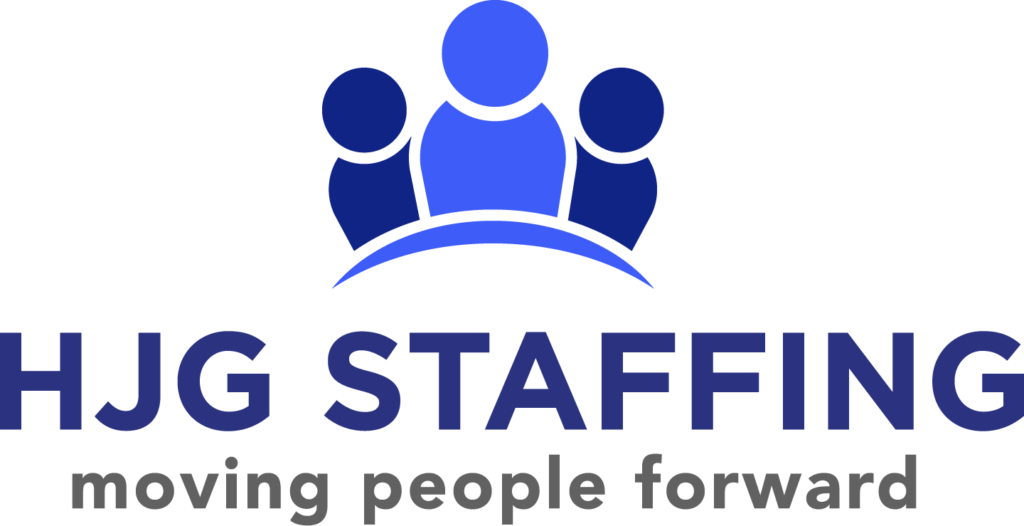While Covid certainly has not ended, the world has grown accustomed to existing in a pandemic-stricken world. When Corona Virus emerged in 2019, it was mysterious, scary, and unpredictable. While 2019 was only a few years ago, the consequences of Covid were vast. In particular, the way people and businesses were forced to adapt resulted in a cultural reset. The option of remote work, flexibility, and mental health became priorities for a big portion of the population. As we move forward in a world still affected by Covid and other health crises, people expect businesses to adapt with these developing changes. This week, Team HJG interviewed various people to get insight on their Covid work experiences and preferences moving forward in the modern work world.

For individuals who already worked remotely, the pandemic didn’t change this facet of life. However, Zachary, the Vice President of sales for a wellness company, says that even though he worked from home pre-pandemic, the option to work remotely can have positive benefits. “My stance is that working from home is awesome,” he says. “It allows people to fully focus on their work without distractions from colleagues.”
Research shows even more benefits to working from home. According to Apollo Technical, “A report by Owl labs in 2021 found that 55% of respondents say they work more hours remotely than at the physical office. This same report found that only 36% of people believe the office is best suited for individual work. 32% of those surveyed by Owl Labs said they would quit their job if they were not able to continue working remotely.”

Of course, there are still individuals who prefer on-site work or have no other option. For instance, Kelly, a flight attendant, has always enjoyed the routine of her job. “Covid did change the way I looked at my job. My priority, as well as the airline industry, became health safety.” Kelly felt lucky that she was able to take time off work at the conception of the virus. “When I felt safe going back to work, I found comfort in the routine and social aspects of my job.”
While remote work or on-site work might boil down to preference, it’s clear that in fields where remote work can be an option, it should be. For some, remote work results in higher productivity rates, better mental health, and more motivation.
Another prominent priority became clear: flexibility. As people were sick and hospitalized and schools and businesses were closing, loved ones needed time, energy, and effort to assist and adjust. Most companies didn’t have much of a choice but to adapt and adopt a flexible outlook. This showed the working population, who otherwise might have been encouraged to prioritize work, that loved ones, health and community support are non-negotiable.
Jen, a work-from-home mother, explains the importance of flexibility. “My company allows me to have the flexibility to shift my workday to handle family and home responsibilities.” Typically, American culture has prioritized productivity, coming in early and working late, even if overtime isn’t an option. On a positive note, Covid seems to have contributed to shifting this perspective. “The pandemic opened a lot of eyes. We’ve always heard that life is precious, but we were slapped hard with that reality,” says Emma, a life coach.

According to Venture Beat, “McKinsey’s recent American Opportunity Survey discovered that 87% of people will take the chance to work flexibly when offered it, and that this is consistent across demographics, occupations and geographies.” Furthermore, the newest generation of workers, Gen Z, considers flexibility a top priority. As the working population shifts their prioritizes, businesses must also adapt.
Finally, the discussion of a 4-day work week has taken precedence, especially in the UK and USA. Lauren, a digital marketer feels that the 4-day work week should be optional, like working from home. “I’m of the stance that you finish your work when you finish your work. That could be 4 days or 5, or anything in between.” Depending on the job, some people prefer to pace their work, while others would rather work more efficiently in a shorter window to have more free time.

The benefits of a 4-day work week include higher productivity, positive environmental impacts, and even higher revenue streams. Of course, most companies testing shorter work weeks in the US are still in the trial stages. Furthermore, certain industries would likely suffer from this change. Because this is a new concept, only time can reveal the pros and cons of such a transition.
The major changes of Covid shifted the global perspective. Priorities such as mental health, flexibility, and remote work became nonnegotiable. As the world continues to change, businesses are expected to adapt. While in many ways these changes are still in the testing stages, there is hope among the destruction of Covid. This hope can begin the process of restoring burnout, healing the mental health crisis, and encouraging work-life balance.




